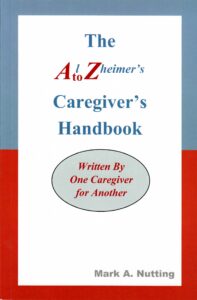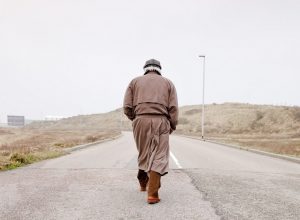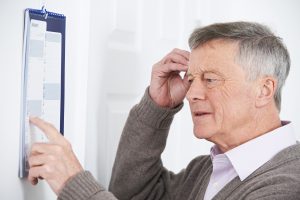
Written by One Caregiver for Another
I received an email after providing an educational program entitled The Journey of Dementia: What the Family Members are Experiencing. This was so meaningful to me that I asked the author if I could use this as a testimonial on my website and here is what he had to say: “I would just like to say it was a very new and refreshing perspective. Over the past six months I have attended many online classes/courses/sessions on Alzheimer’s/Dementia/Caregiving in order to keep current, refreshed, and in tune so I can provide better caregiving support. When you take a lot of classes,









